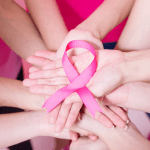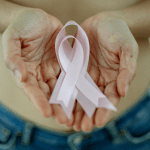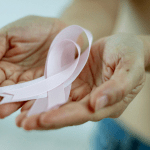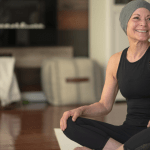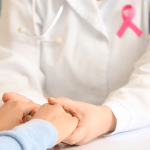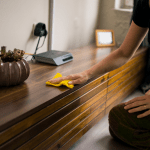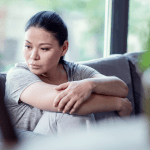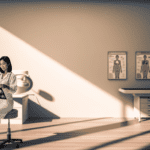This year, an estimated 290,560 people will be diagnosed with breast cancer in the U.S.A alone.
There is no known definitive way to prevent a breast cancer diagnosis, but there are things you can do that can help lower your risk.
Many factors are beyond control, like being born a woman and ageing. But there are other factors that you can control. Knowledge is the key to prevention. Women who have an increased risk may need to do screening earlier or be screened more frequently.
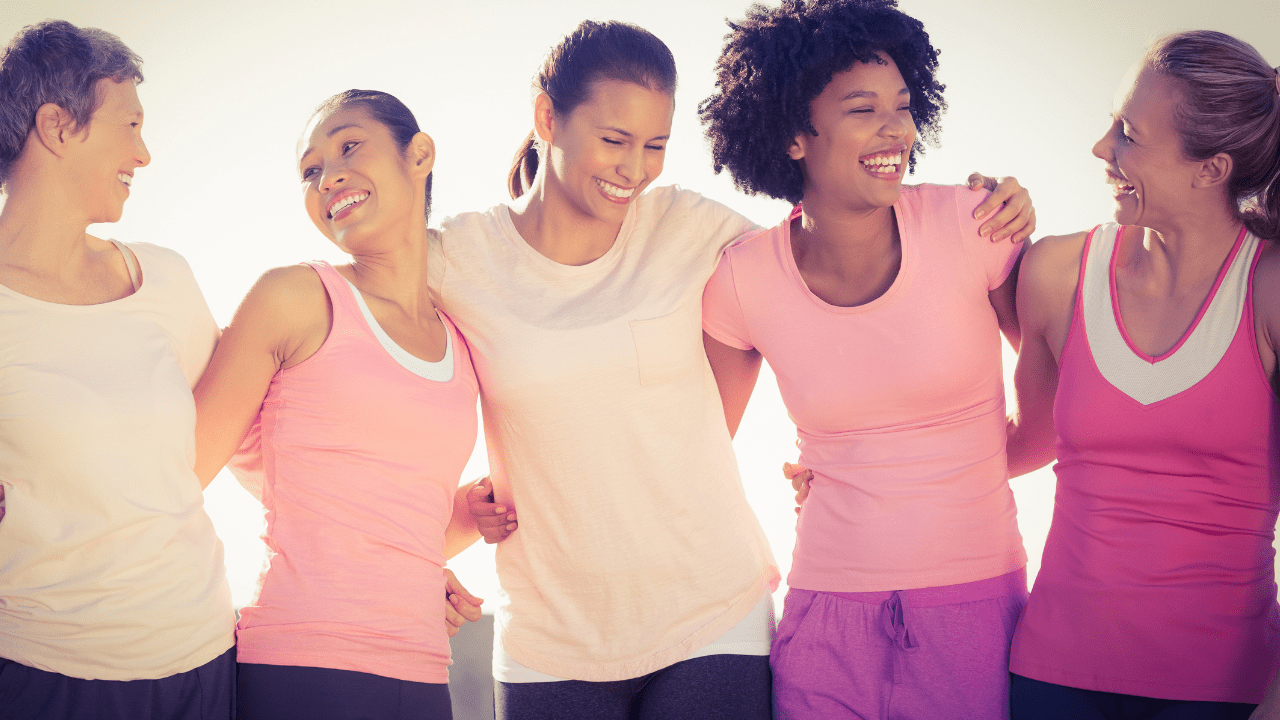
You may have an increased risk of breast cancer if you:
- Are not physically active
- Are overweight
- Have mutations of BRCA-1, BRCA-2 or PALB-2 genes
- Have a family history of breast, colorectal or ovarian cancer
- Began your menstrual period before age 12 or began menopause after 55
- Have never had children or had your first child after age 30
- Are currently using or have recently used birth control pills
- Have used hormone replacement therapy (with estrogen and progesterone) for more than 10 years
- Exposure to personal care products that contain chemical preservatives like parabens and phthalates
I’ve put together these tips to inspire awareness, knowledge, and lifestyle changes that put your health first while increasing awareness for prevention and early detection.
Do more than just wear pink this month. Share these seven tips with all the women in your life to spread awareness that can save lives.
- Get active.
You’ve heard it before but I’ll say it again – staying active is the key to staying healthy. Exercising for at least 30 minutes a day, 4-5 days a week, can make a big impact on your health and is an easy way to reduce your cancer risk.
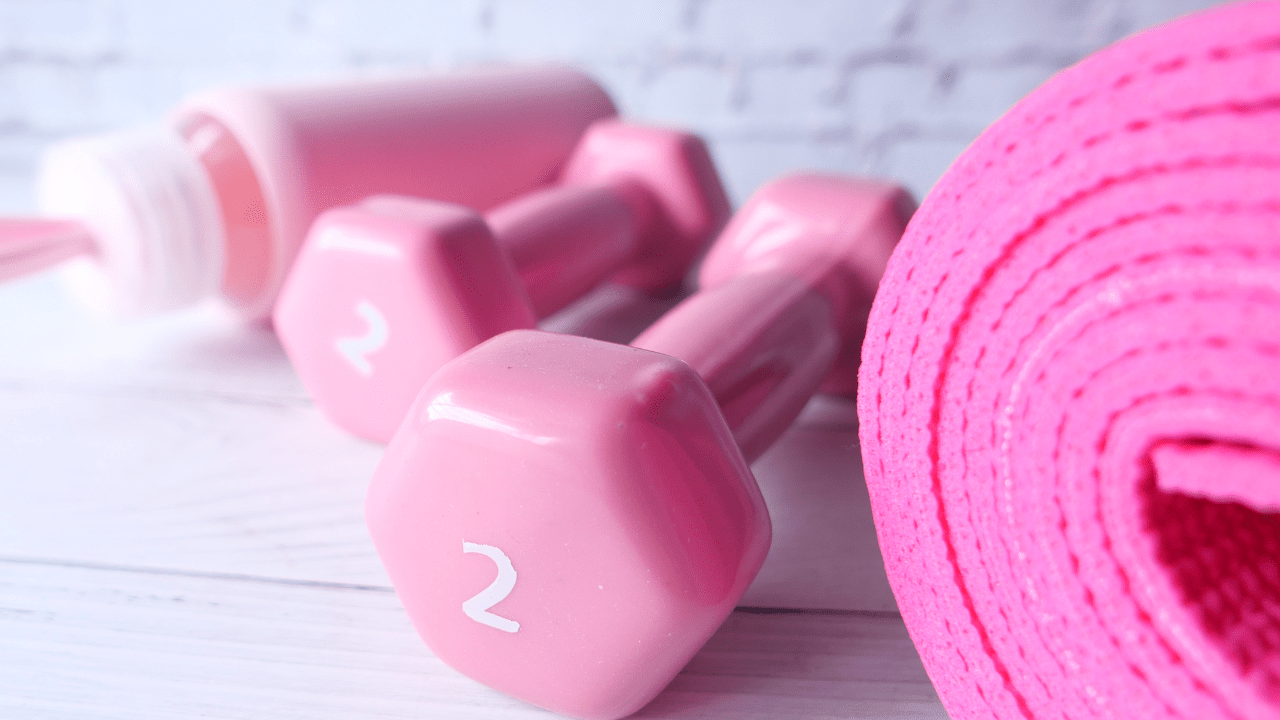
- Stay at a healthy weight.
Increased body weight and weight gain as an adult are both linked to a higher risk of breast cancer after menopause. Maintaining a healthy weight throughout your life and avoiding excess weight gain by balancing your food intake with physical activity can decrease your risk.
- If you smoke or drink alcohol – stop.
This is pretty straightforward. The health costs that come with smoking have been known for years. Smoking weakens the immune system, one of our bodies’ best defenses against cancer, and can damage and change a cell’s DNA. This can lead to the growth of a tumor.
Drinking alcohol is also linked to breast and several other cancers. Once ingested, your body breaks it down into a chemical that can damage or change a cell’s DNA, which can also lead to the growth of a tumor.
- Breastfeed your baby.
Women who choose to breastfeed for at least several months after childbirth may also get an added benefit of reducing their risk. This is because you shed breast tissue during breastfeeding. This shedding can remove cells with potential DNA damage which reduces your chances of developing breast cancer.
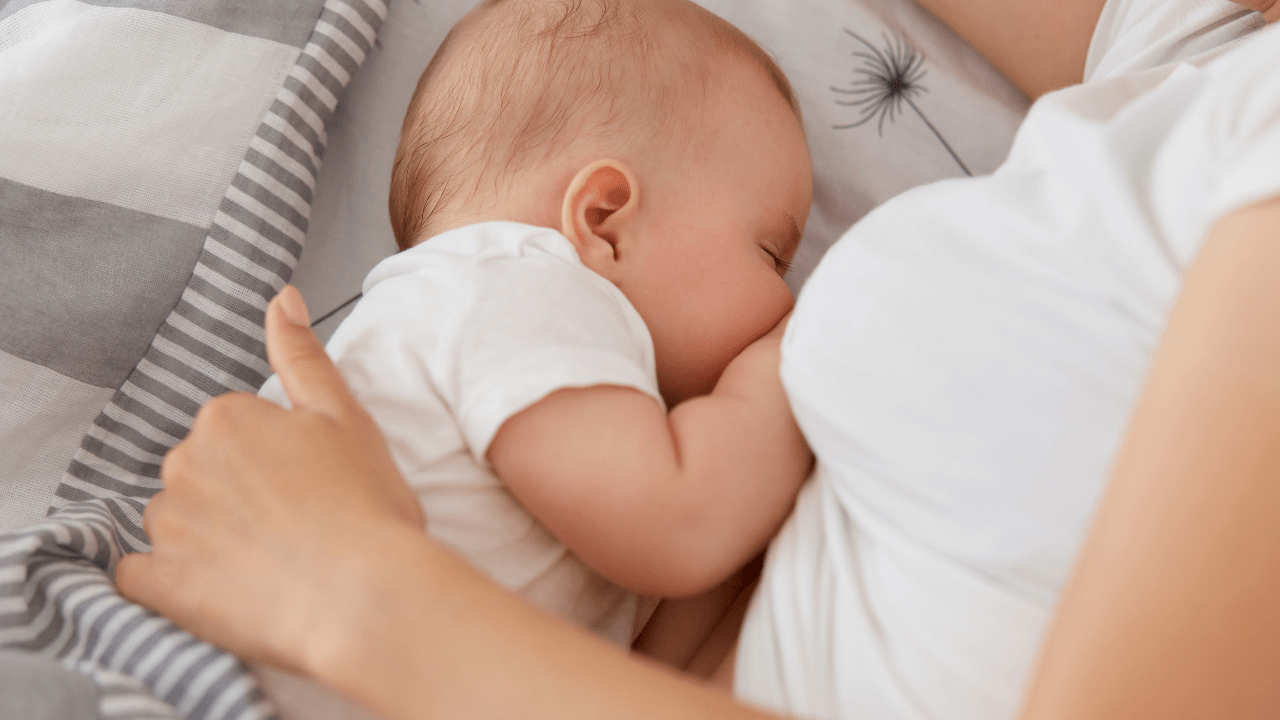
5. Maintain a healthy diet.
To lower your risk of breast cancer, it is best to steer clear of refined carbs, added sugar, fried foods, processed meats, and fast food. Foods that can help lower your risk of breast cancer include fatty fish, veggies, fermented foods, many herbs and spices, and fruits like berries and citrus.
6. Avoid personal care products with parabens.
Parabens are endocrine disruptors that mimic estrogen in the body. Studies show parabens affect the mechanisms of normal breast cells and influence their abnormal growth, leading to risk of breast cancer.
7. Avoid all products with phthalates.
Phthalates can affect how both estrogens and androgens function in the body, and are linked to breast cancer, developmental issues, decreased fertility, obesity and asthma. Phthalates have also been shown to induce proliferation, migration, invasion, and tumor formation of estrogen receptor negative breast cancers.
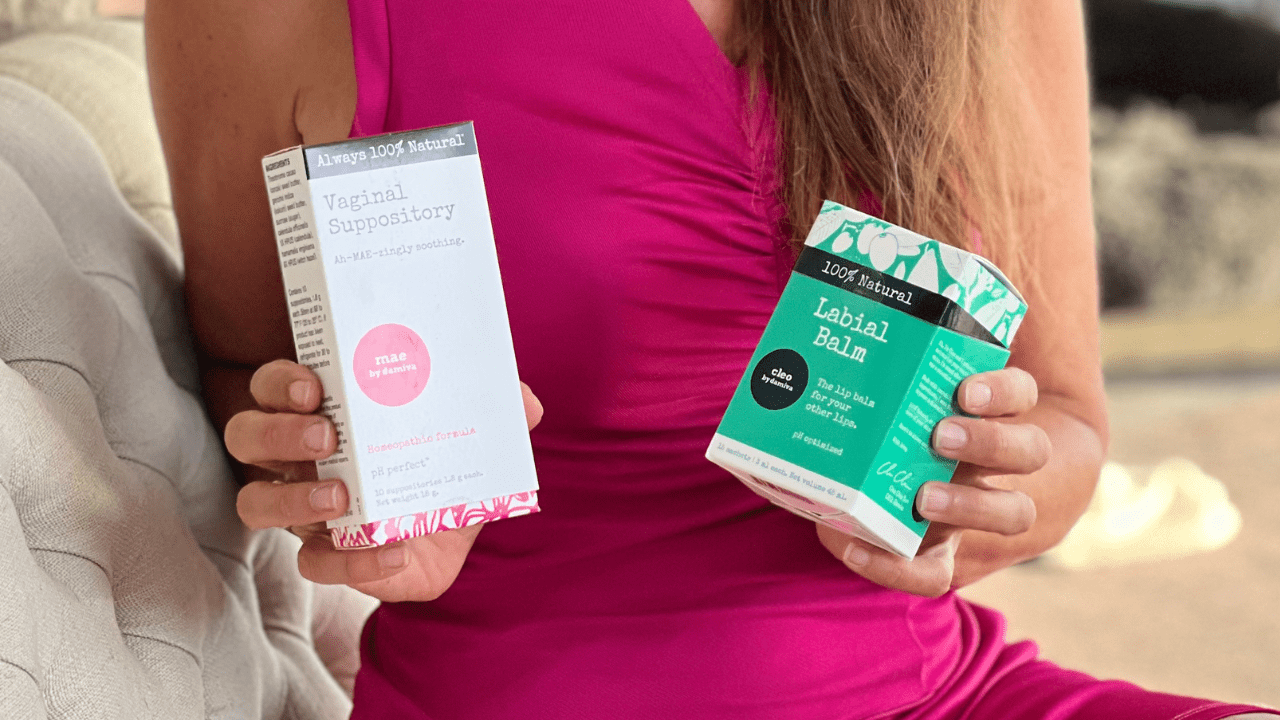
Opt for chemical-free, 100% all-natural cosmetic and fem care products. It’s easy to tell if a lotion or moisturizer is truly chemical-free. Just look for water, because products with water are full of chemicals… and we know what chemicals do to your skin and health.
Breast cancer patients are counseled to go chemical-free in their cosmetics, personal care products and fem care. Why would they recommend this if these chemicals had nothing to do with breast cancer? And why would you want to wait until a breast cancer diagnosis to avoid these chemicals? We have a go chemical-free and detox protocol that breast cancer patients are recommended to follow.
As I mentioned earlier, do more than just wear pink this month. Share these seven tips with all the women in your life. Spread prevention and early detection information that could save lives.
